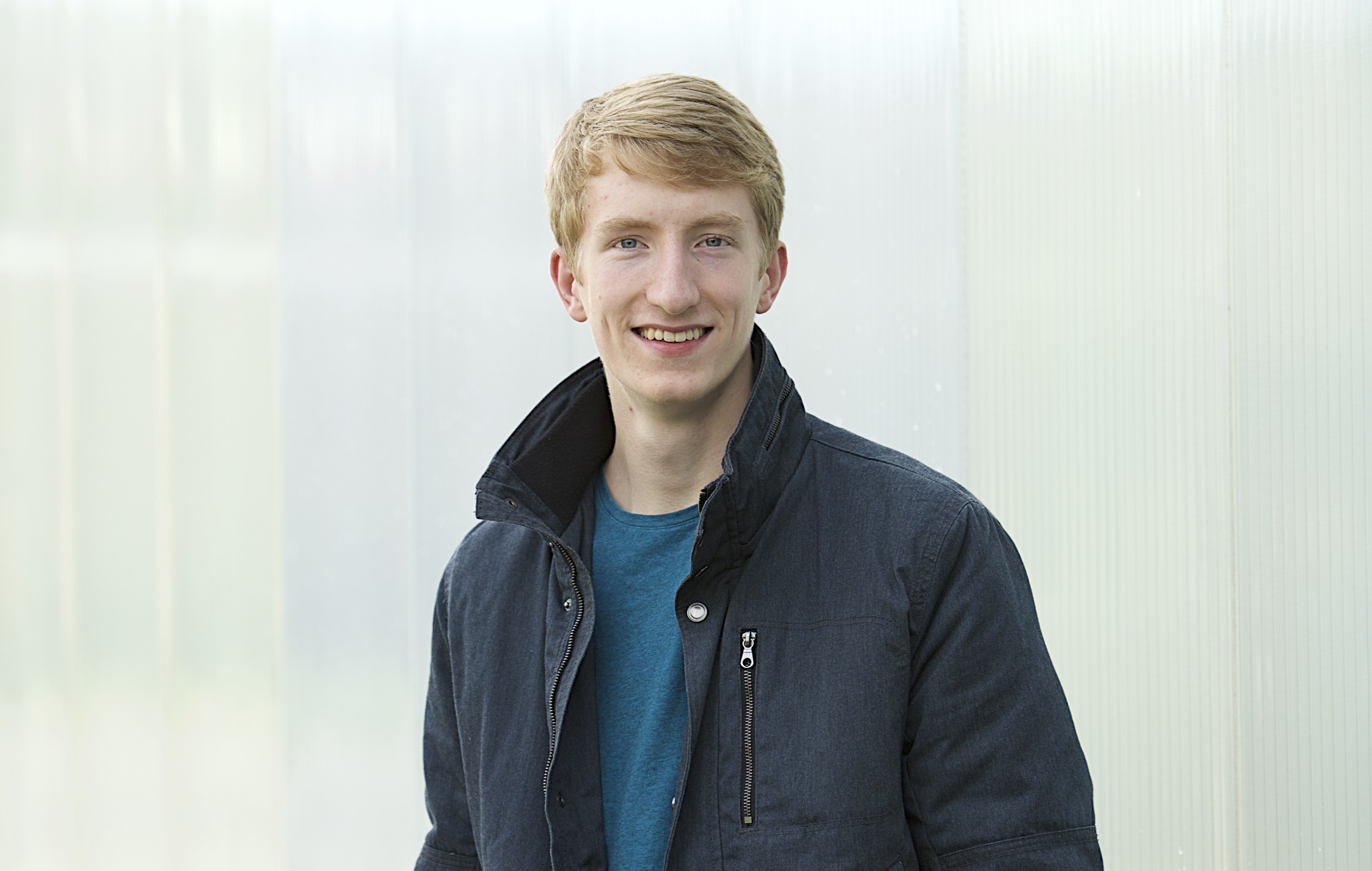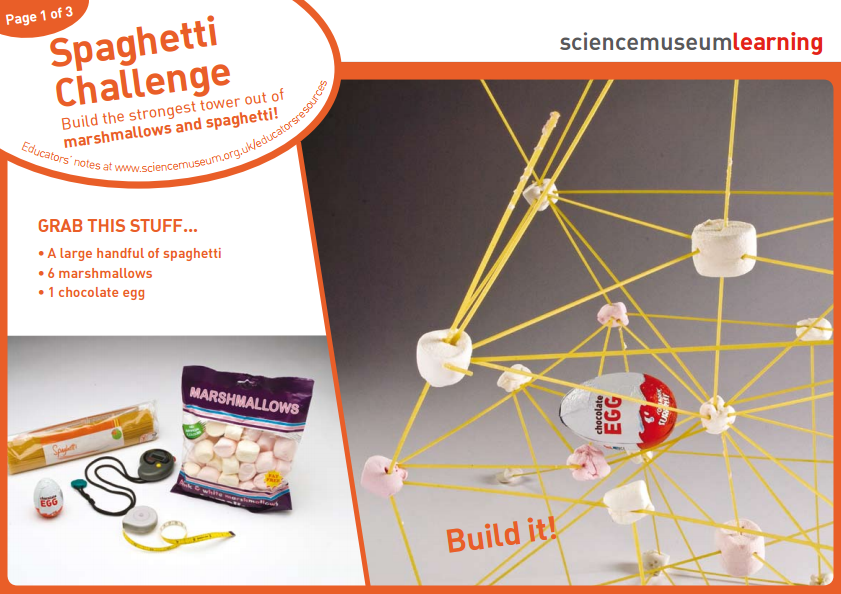What happens when computers know us better than we know ourselves? What happens when they predict how we will act and respond accordingly, when they can answer all questions and can respond to any change faster than we can comprehend it?
To some degree it’s already happening – large amounts of the stock exchange are automated due to the speed advantage and people are consulting IBM’s Watson for health information. However, very soon all aspects of our life will be influenced or controlled in some way by computers. This is the message put across by Yuval Noah Harari in his latest book, Homo Deus. It is the follow-up from the highly regarded Sapiens. In the book, Yuval explores the future of humankind in a world that is increasingly being taken over by computers.
From page one this book is gripping as it explains ideas and concepts that, by nature, are incomprehensible to us. The book also doesn’t shy away from challenging itself – throwing in the classic argument of consciousness and emotion, robots always lose in films because of love, right? But what if our emotions are just algorithms, then one day our personal computer will know our next emotion before we even feel it, they’ll be able to choose a wife or husband better than we can, they’ll know how we’ll feel if we don’t wake up in time for the gym and can change things according to ensure we follow our true intentions. This makes you sound very predictable, doesn’t it? What about our free will, you might ask. We have the control to change our mind if we really want to – if you think this, please read the book. The argument against this was very interesting in my opinion (no spoilers from me).
The Contradiction
There is a rather obvious contradiction or conflict in this book – it starts by talking about the human desire to eternal life and that such things may be possible in the near future. We only need to extend our lives by 20 years, to then find a way to extend it 50 years, to then find a way to extend it 100 years and so on. That will create a world full of people, literally. If the population increases then we will clearly reach capacity, yet the book goes on to say “individuals will become4242 just a collection of ‘biochemical subsystems’ monitored by global networks”. The book offers no suggestion for how the overarching computer systems might respond to an ever growing population and whether their algorithms will deem ‘population control’ necessary for efficient operation. Sounding a bit like the robot uprising now isn’t it…
In short, this is a book that will make you think, and quite honestly I will say this is a must read! It is easy to look back in history to see how nieve and clueless humankind was to the changing world and today is no different, things will change in ways we can’t yet imagine, so why not start understanding the possibilities.












